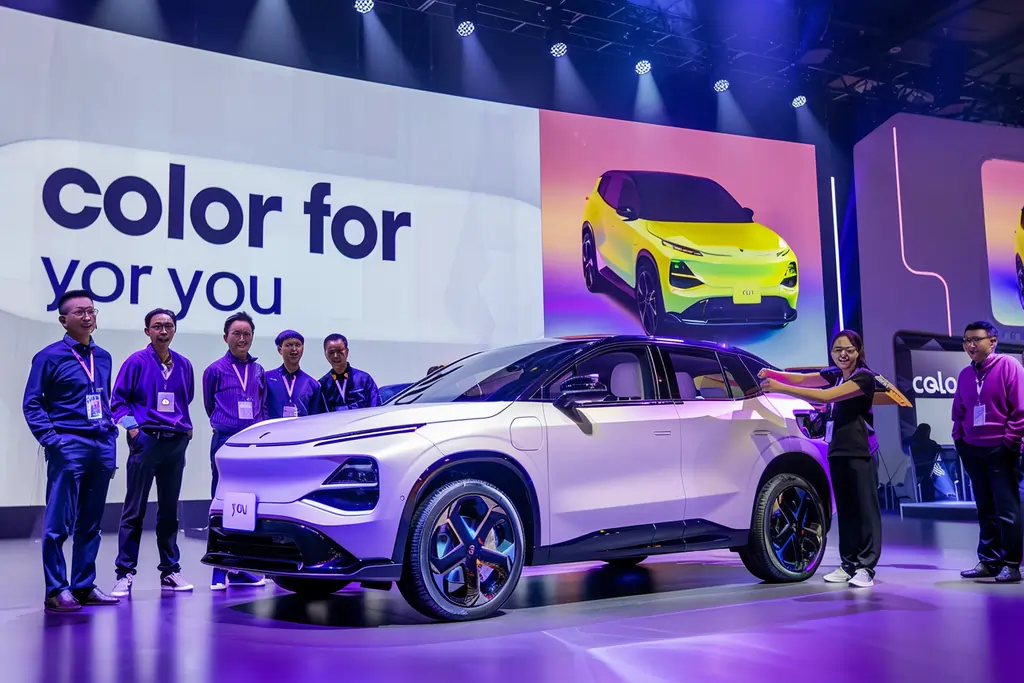China’s electric vehicle (EV) market is booming, with government support fueling an ambitious expansion. However, concerns are mounting about potential overcapacity and its implications for the global auto industry.
From Bust to Boom: The Case of Zhido
Zhido, a Chinese carmaker that went bankrupt in 2019 after government subsidies for mini EVs were cut, has made a remarkable comeback. Backed by state-funded investment, Zhido recently launched a new mini EV, highlighting the government’s continued support for the industry.
Too Many Cars, Not Enough Buyers?
This support raises concerns about overcapacity. China already has the capacity to produce far more vehicles than it sells domestically, leading to a fierce price war and fears of Chinese automakers flooding international markets with unsold cars.
Government Subsidies and Global Concerns
Government subsidies play a significant role in fueling this expansion. While China defends its policies, the U.S. and Europe are wary of subsidized Chinese EVs flooding their markets and have initiated investigations into potential unfair trade practices.
Focus on “New Productive Forces”
The Chinese government views EVs as a key industry for economic growth and job creation. This focus has intensified as other sectors stagnate, leading to a push for developing high-value manufacturing industries like EVs.
Consolidation Challenges
Despite acknowledging the need for consolidation, the government’s emphasis on promoting “new productive forces” has encouraged local governments to continue supporting automakers in their regions, even those struggling financially.
The Road Ahead: Uncertainties and Opportunities
The future of China’s EV industry remains uncertain. While overcapacity poses a significant challenge, the government’s commitment to the sector and the potential for technological advancements present opportunities.
What This Means for Investors:
Proceed with Caution: The overcapacity issue and potential trade tensions could impact the profitability of Chinese EV companies.
Focus on Industry Leaders: Established players like BYD and companies with strong government backing might be better positioned to navigate the challenges.
Monitor Global Developments: Trade policies and regulations in the U.S. and Europe could significantly impact the industry’s trajectory.
Diversification is Key: Consider investing in a range of EV companies across different regions to mitigate risks.
The Chinese EV market is a dynamic and complex landscape. While it offers exciting opportunities, investors should remain aware of the potential challenges and make informed decisions based on careful analysis and due diligence.
